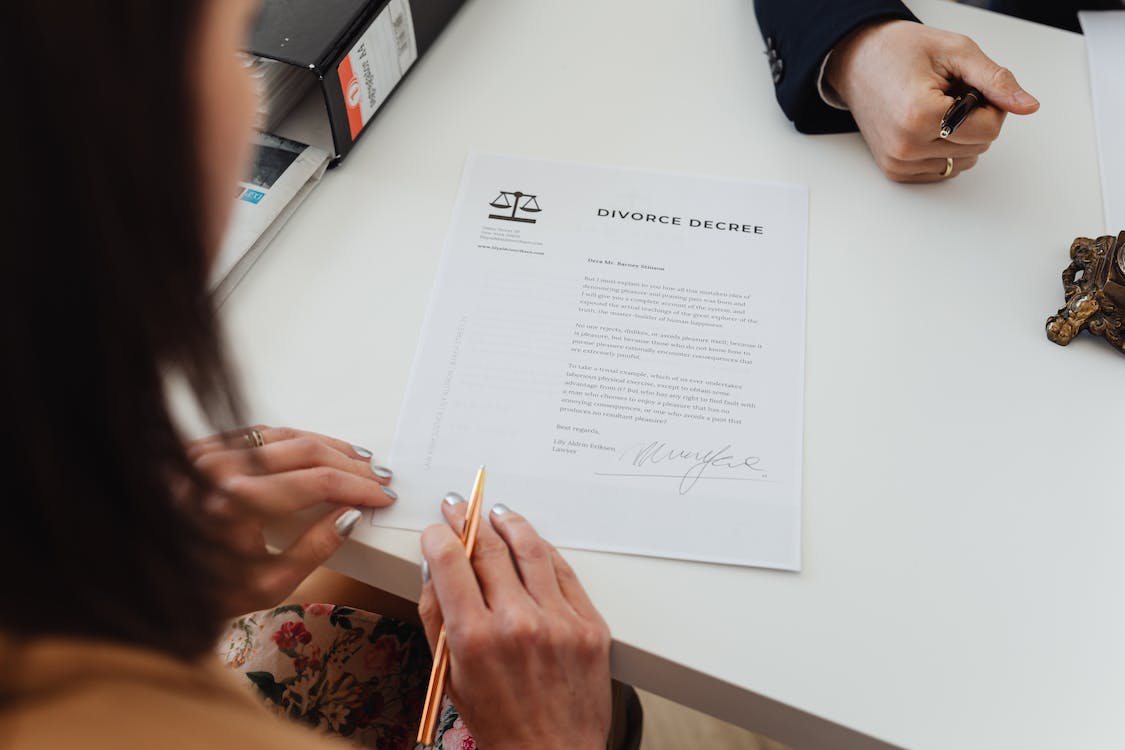Incarceration rates have steadily increased since the 1970s, mainly due in part to the war on drugs. As of today, there are more than 2.3 million Americans in jail or prison- many of them being parents.
Of course, you’d be unable to care for your child while you’re in jail, but incarceration and the resulting presence of a criminal record can potentially continue to affect your ability to regain child custody after your release.
If you’re concerned about the impact that incarceration could have on custody proceedings or how being in jail could negatively affect your children, you will find the answers you’re looking for in this article.
How incarceration can affect child custody
While state laws do vary, you’ll most likely lose custody of your children while you’re incarcerated, and child services may become involved in your case. Since parental incarceration negatively impacts children, you may have difficulty regaining custody after your release.
How incarceration impacts children
Sometimes it can be hard to avoid going to jail if you struggle with a substance abuse disorder or engage in survival-related crimes due to financial hardship. Occasionally, you may even be arrested for a crime that you didn’t commit.
While this is understandable, your actions still aren’t justified, and you may need to suffer consequences such as fines, probation, or spending time in jail. If you have children, they will almost definitely be affected by your incarceration.
Since you can’t care for your children while you’re in jail, they will probably be placed with the other parent, a relative, or in foster care until you are released. Unfortunately, this is by far not the only way that they’ll be affected.
Children of incarcerated parents are much more likely to engage in antisocial behavior or criminal activity. They also have an increased risk of substance abuse, aggressive behavior, depression, and suicide attempts.
When one parent is incarcerated, the household usually faces a loss of income, which can prevent the other parent from being able to provide for the children’s basic needs.
If the child previously had a positive relationship with the incarcerated parent, they can continue to nurture that relationship through letters, visits, and phone calls, commented Andre Chapman, a foster care specialist. André V. Chapman is the Founder & CEO of Unity Care Group, Inc. He is the recipient of numerous awards and distinctions for his community involvement and contributions in social services. Mr. Chapman released a book entitled, Roses in Concrete: Giving Foster Children the Future They Deserve, which sheds light on the underserved population foster youth in America. He has a Master’s in Organizational Management.
Complete loss of contact with the incarcerated parent could result in abandonment issues. Statistically speaking, children are also more likely to experience poor educational outcomes and may even drop out of school after a parent goes to jail.
Incarceration can present a barrier to child custody
Since your children were likely negatively impacted by your incarceration, it will almost certainly be brought up in future custody proceedings.
If you previously lived with the other parent before going to jail, they would probably be allowed to continue to care for the children until you’re released.
Otherwise, child services would likely become involved in your case, and you may be required to successfully complete a dependency case plan before regaining custody.
Ideally, if your children are too old to be adopted and the other is willing and able to care for the children, then the other parent will be awarded custody rather than the children being lost in the foster care system.
Alternatively, the children may be ordered to long-term relative care or permanent guardianship if there is a friend or family member approved to care for them.
However, if you’ve been repeatedly incarcerated and/or your children are under the age of five, the dependency courts may file a motion to terminate your parental rights, so your children will be able to be adopted as the new permanency plan.
The hope of regaining child custody after release
Although your criminal record and prior incarceration will always be brought up at future custody hearings, it won’t necessarily prevent you from regaining custody or visiting your children as long as your parental rights haven’t been terminated.
As previously mentioned, you may be ordered to complete a case plan to be approved for custody. Most dependency case plans consist of a series of court-ordered tasks, including substance abuse treatment, anger management classes, and obtaining stable housing and income.
Once you’ve proven to the courts that you are rehabilitated and financially stable, it is indeed possible to regain custody of your children after you’ve been released from jail or prison.
However, if the other parent has a clean criminal record, no history of substance abuse, and is able to provide the children with a stable home environment, they will most likely be the ones awarded custody.
The courts will also consider your history to determine the likelihood of criminal recidivism. If you’ve been in and out of jail repeatedly, it may be decided that the children are better off with a relative or the other parent.
Even if you’re not able to regain custody after your release, you can still usually visit your children and rebuild the relationship to minimize the impact your incarceration has on their lives.

